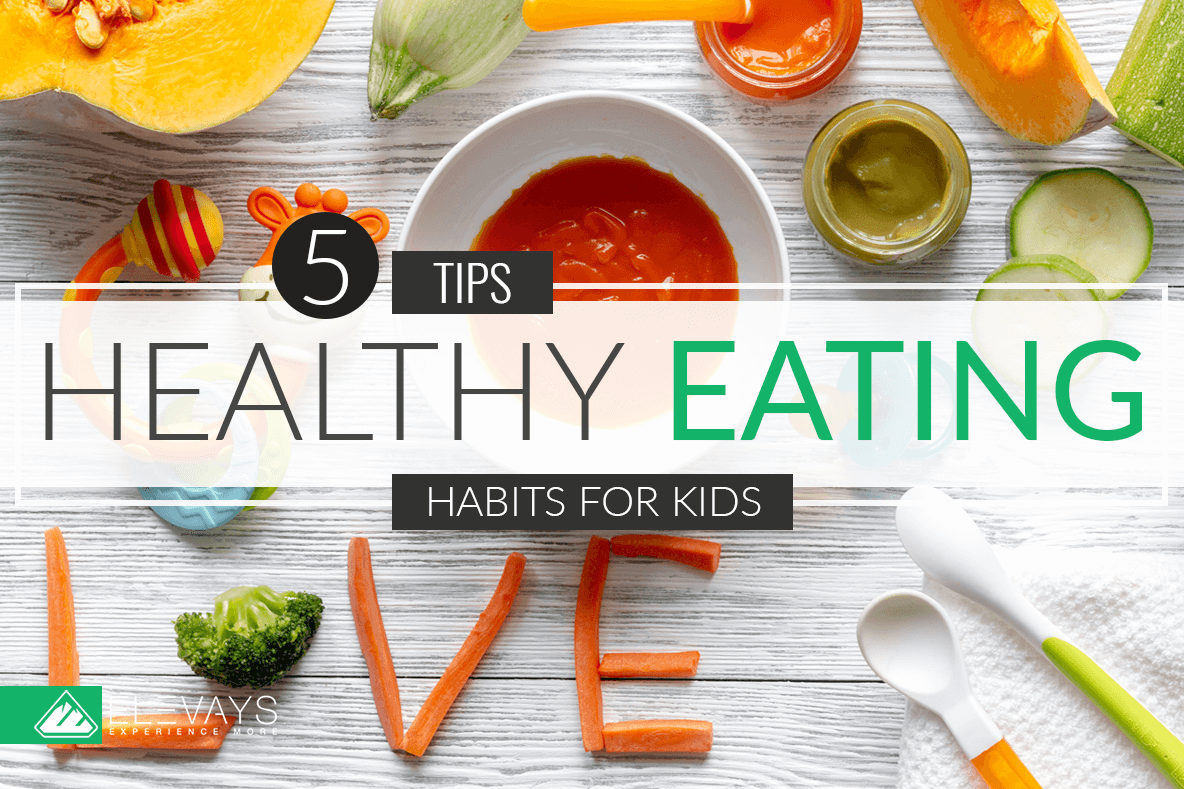Eating Tips for a wholesome You

Healthy eating habits could be a challenge to develop, especially in today's fast-paced society. With Eating Tips tempting options at our fingertips, you can give in to unhealthy food choices. However, with just a little planning and dedication, it is possible to develop healthy diet plan that will benefit your current health and well-being. In this blog post, we'll share some eating tips that will help you eat healthier.
Plan Ahead
One of the best ways to make certain you're eating healthy is to plan your meals ahead of time. This means making the effort to create a meal plan for the week and creating a shopping list of the ingredients you will need. By planning ahead, you'll be less likely to make unhealthy choices when you're hungry and pressed for time.
Eat Whole Foods
Another important tip for eating healthy is to concentrate on whole foods. Whole foods are foods that are as near their natural state as possible. This means choosing fruits and vegetables, wholegrains, and lean protein sources like fish and chicken. These foods aren't only more nutritious, but they're also low in calories and can help you feel fuller for longer.
Watch Your Portions
Portion control is an essential part of eating healthy. Even though you're eating healthy foods, consuming too much of them can lead to weight gain. In order to avoid overeating, use smaller plates, measuring your portions, and avoiding distractions like television or your phone when you eat.
Avoid Processed Foods
Processed foods tend to be high in calories, sugar, and unhealthy fats. These food types are also often lower in nutrients, which can leave you feeling hungry when you eat. To avoid processed food items, try to eat as much whole foods as possible and read labels carefully when shopping for packaged foods.
Eat Regularly
Skipping meals or going too long between meals can cause overeating and unhealthy food choices. To avoid this, make an effort to eat regularly during the day, starting with a wholesome breakfast. Eating every 3 to 4 hours might help keep your blood sugar stable preventing cravings.

Stay Hydrated
Drinking enough water is vital once and for all health, but it is also important for weight reduction. Drinking water can assist you feel fuller for longer, that may prevent overeating. Try to drink at least eight glasses of water a day, and stay away from sugary drinks like soda and juice.
Practice Mindful Eating
Mindful eating may be the practice of watching your food and diet plan. This means making the effort to savor your meal, eating slowly, and watching your hunger and fullness cues. By practicing mindful eating, you'll be less likely to overeat and more likely to make balanced diet choices.
Don't Skip Meals
Skipping meals can lead to overeating and unhealthy food choices. To avoid this, make an effort to eat regularly during the day, starting with a wholesome breakfast. Eating every 3 to 4 hours might help keep your blood sugar levels stable preventing cravings.
Keep Healthy Snacks on Hand
Having healthy snacks on hand might help prevent unhealthy food choices if you are hungry and pressed for time. Some healthy snack options include fresh fruit, raw veggies, nuts, and seeds. Try to avoid processed snacks like chips and candy, which are generally saturated in calories and unhealthy fats.
Seek SPECIALIZED HELP if Necessary
If you're struggling to build up healthy eating habits, seek specialized help. A registered dietitian will let you create a personalized meal plan and offer guidance and support on the way. Don't hesitate to reach out if you need help.
